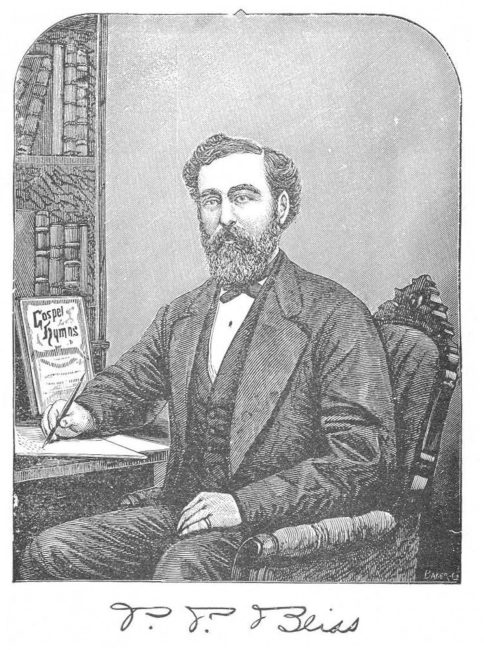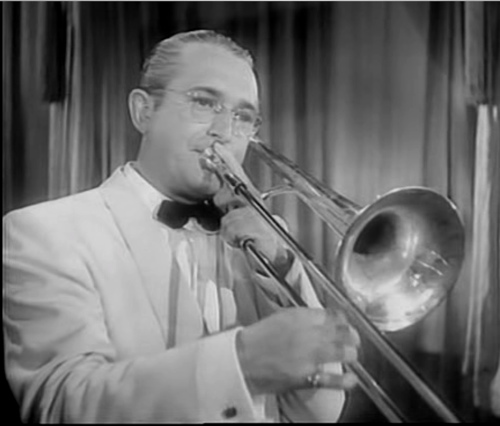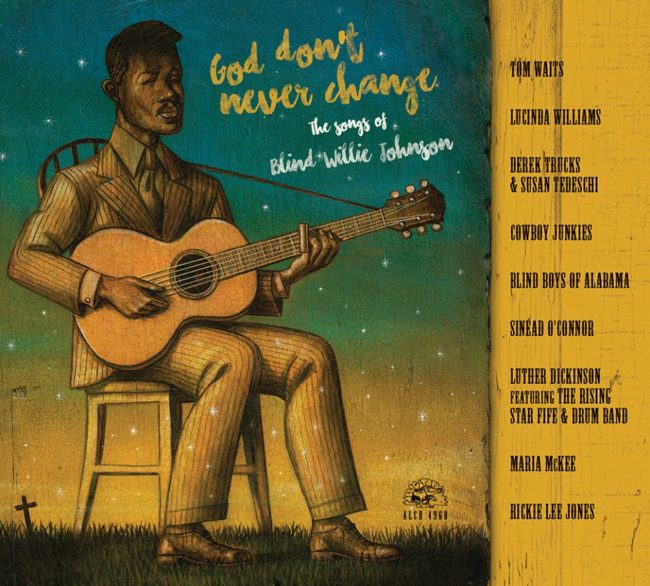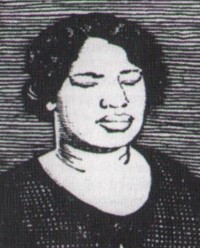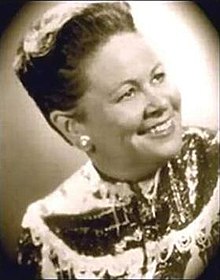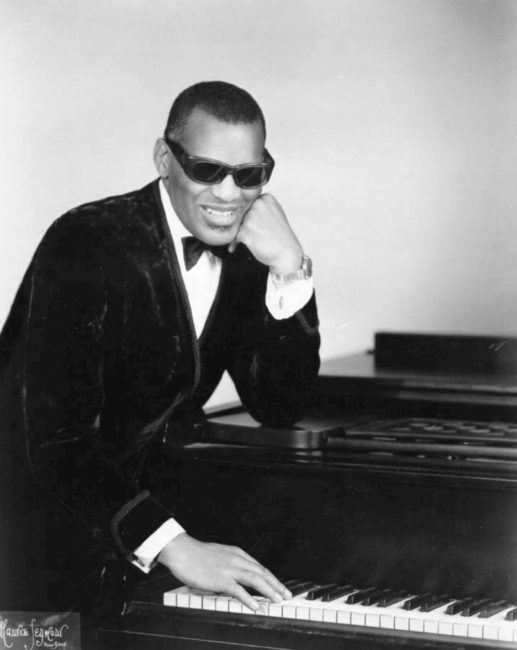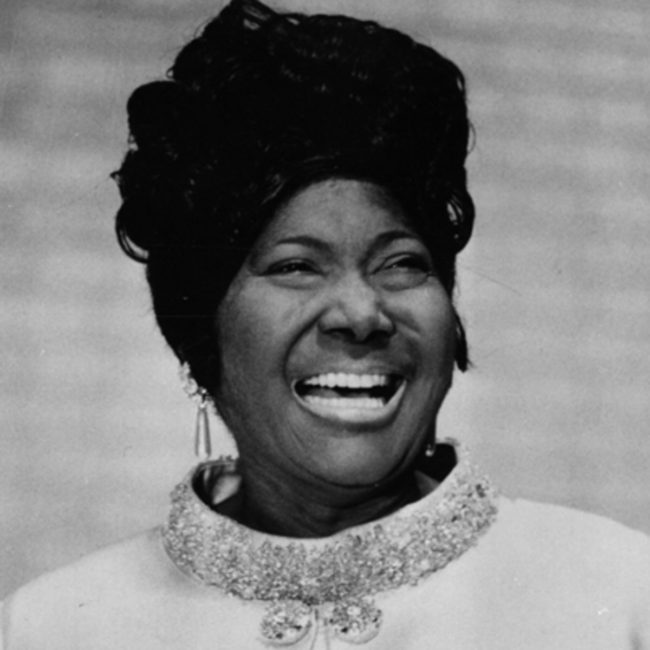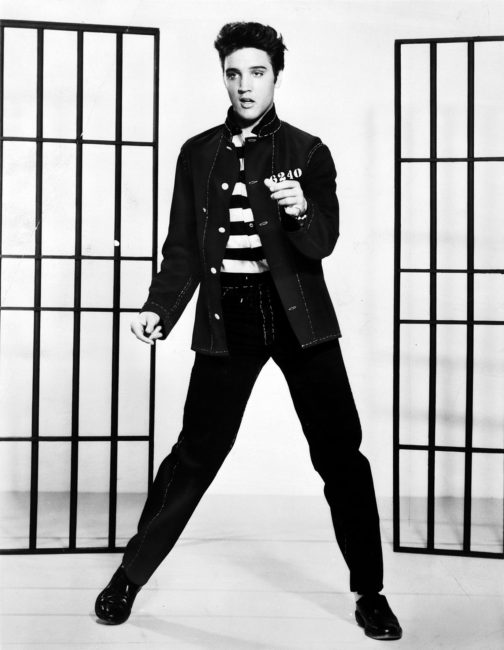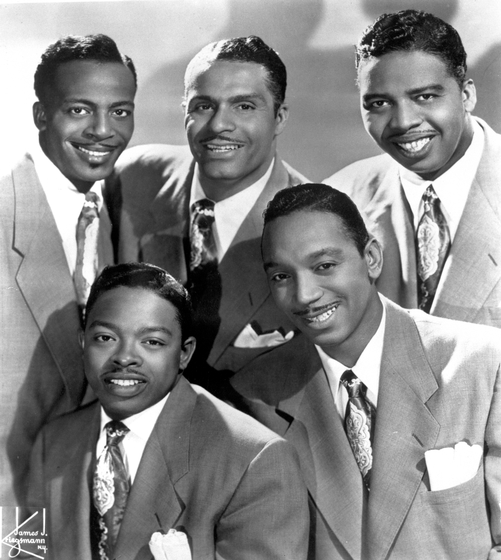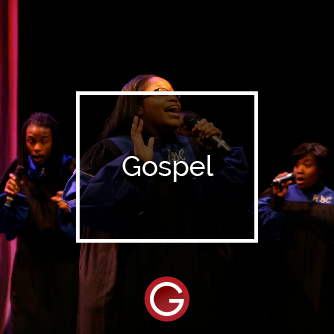Gospel music has been a source of inspiration and solace for millions of listeners. Born out of traditional African American folk music and religious hymns, Gospel inspired a variety of American music genre’s in the 20th Century, including Soul and Blues. Here is a brief collection of some of the artist of Gospel that helped make it such powerful genre of music. Gospel music had a direct influence to Soul, Blues and Rock and Roll in America.
The beginnings of Gospel music: from rituals and jubilees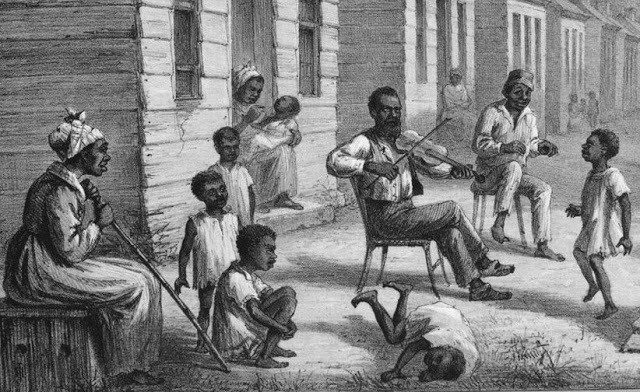
Gospel Music was a blossom springing from the earlier African American Spirituals. This genre of folk music can find its origins in the late 18th Typically sung in the call and response form, these songs were improvised with the song leader providing the words and the choir responding with a solid refrain. Many of the these songs were slow sad ballads while others, known as “jubilees” or “camp meeting songs,” were composed with rapid tempos and joyful melodies.
Philip Bliss: a forefather to subsequent gospel performers
Before his untimely death at age 38 during a train accident, Philip Bliss was one of the most famous religious songwriters of his era. Bliss moved to Chicago in 1864 at age 26 and became both a singer and teacher. He spent many years afterwards composing hymns and performing. His work has been a major influence for many gospel performers thereafter, which allowed him a place in gospel history.
Thomas Dorsey introduces Blues and Jazz to Gospel
Originally known as “Georgia Tom,” Thomas Dorsey started his music career playing the blues but eventually would be known under the title of “the father of black gospel music.” After suffering from an unknown affliction, Dorsey would stop playing music for two years before eventually having an epiphany, which would lead him to performing music in the religious sector. Dorsey would craft a version of Gospel that included both the Blues and Jazz. His music would eventually become standards performed by a variety of artists including Elvis Presley, Mahalia Jackson, Aretha Franklin, B. B. King, Roy Rogers, Tennessee Ernie Ford, and Johnny Cash.
Foundational figure to Gospel Blues and influencing Bob Dylan, Led Zeppelin, Sinead O’Connor and more.
Near the end of his life while standing on a corner with a guitar in his hands, Blind Willie Johnson would return to his roots as a street-corner evangelist. Johnson was a Blues man who focused on Christian centered music. He was a prime example of and foundational figure in the Gospel Blues sound. His dexterous slide-guitar wizardry with his growling, glass vocals uttering his desperate seeking of salvation from a despotic character and wanton acts, Johnson would create a sound that influenced an eclectic gallery of artists including Peter, Paul and Mary; Eric Clapton; Bob Dylan; Led Zeppelin; and Sinead O’Connor.
Blind piano player ntroduces Barrelhouse and Ragtime to Gospel
Born in 1889 in Sherman, Texas; Dranes was believed to have come from African American and Mexican descent. Her music mixed boogie and ragtime styles with Gospel accompaniment. Dranes has been credited with introducing piano accompaniment to Gospel, which prior was mainly performed acappella.
The National Treasure, as deemed by the Smithsonian Institute
Doris Akers was a Gospel music composer and singer. She worked with the Sky Pilot Choir, a racially mixed choir group. Her music has been performed by many other Gospel legends such as Bill Gaither, George Beverly Shea, and Mahalia Jackson. She has been honored by the Smithsonian Institution, which declared her body of work a “National Treasure.” Though her sound offered a more traditional vision of Gospel, Akers sweet and crystalline vocals transformed her simple devotions into transcendental hymns.
Soul Music seeped from the melodies of Gospel to create a pop music vision of Gospel.
Many claim that Soul Music was born when lyrics were extracted from Gospel tracks and replaced with secular pop lyrics. Focusing on the joyous and upbeat melodies and slow tempo crooning ballads, Soul Music incorporated Gospels style to re-invasion pop music. Early pioneers of the sound included Ray Charles and Sam Cooke.
The Queen of Gospel influences Aretha Franklin
From the first piano keys to her deep and rich voice, Mahalia Jackson’s masterpiece “Summertime” seeps with soul and grace. Jackson was an Gospel singer of the early twentieth century who would become known as “The Queen of Gospel.” She was a major influence on other artist and heralded internationally for her work. Jackson was a mentor for Aretha Franklin and a good friend with Martin Luther King Jr. who said of her “A voice like this one comes not once in a century, but once in a millennium.”
Early Rock & Rollers were influenced with huge spoonfuls of Gospel Music.
Elvis Presley, raised in East Tupelo, was an avid lover of Gospel music who incorporated the genre in his repertoire of music styles, while recording many Gospel standards throughout his career. Jerry Lee Lewis was raised on Gospel and was at one time enrolled at the Southwestern Bible Institute in Waxahachie, Texas before facing expulsion by infamously playing hymns with outrageous rhythms.
Influencing The Temptations, James Brown, Jackie Wilson and more.
Emerging from the Jubilee Quartet style of Gospel and spanning over 80 years, The Dixie Hummingbirds have not only been a groundbreaking Gospel group but also a seminal influence on artists like Jackie Wilson, Bobby “Blue” Bland, The Temptations, and James brown. The group has won the four Grammys and has been inducted in both the “Christian Music Hall of Fame and Museum” and the “Vocal Group Hall of Fame.”
Listen on Spotify
Disclaimer: The views and opinions expressed in this article are within the confines of the music artists mentioned and do not necessarily reflect the official policy or position of GROM Audio.
This article is part of GROM’s Music Genre series for 2017. To read more about other genres like Rock, Blues, Classical, check out here: http://gromaudio.com/blog/2017/02/grom-music-genre-2017/

